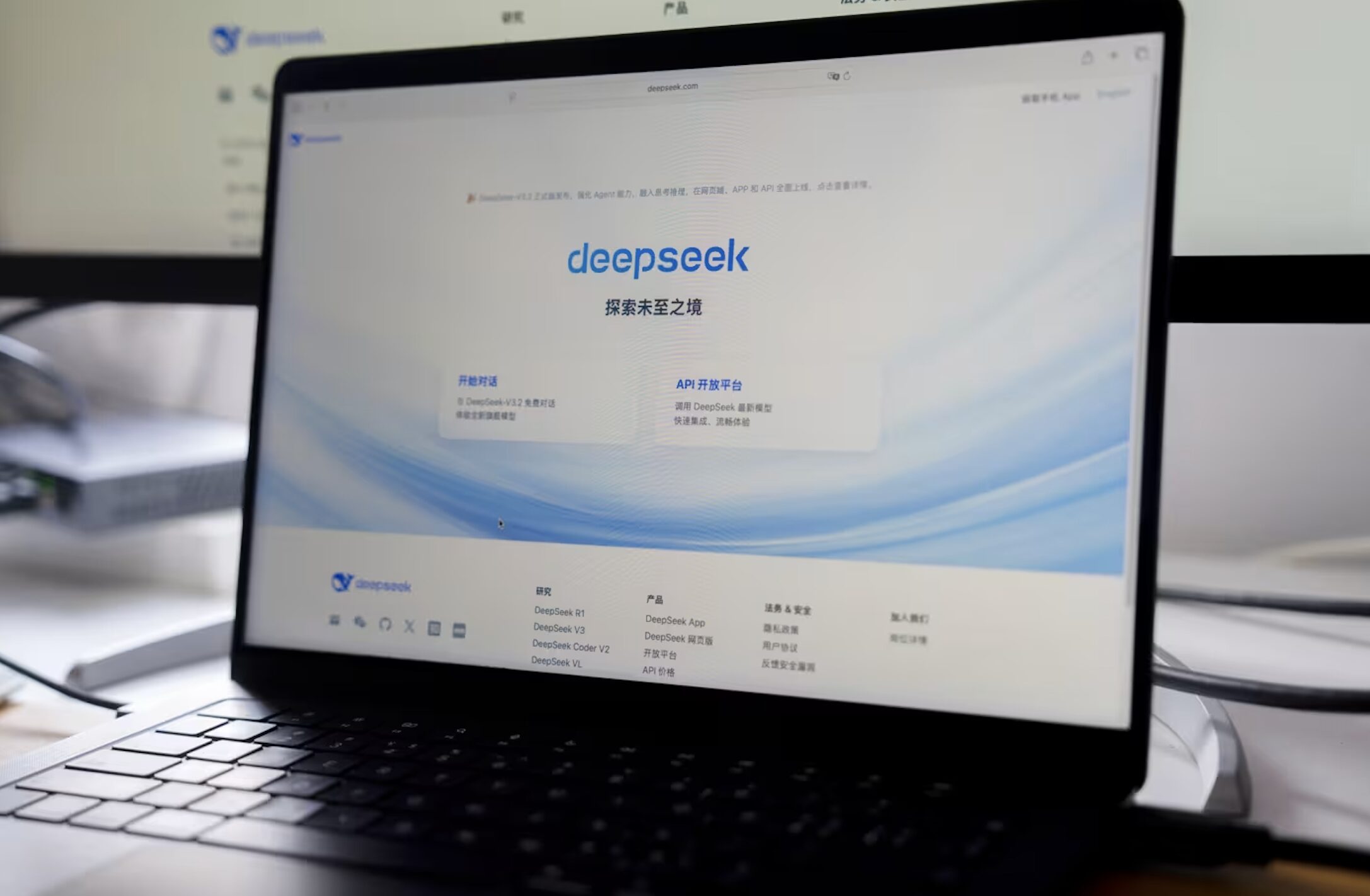
Dr. Sanjay Gupta: A New Way to Heal
Doctors have long prescribed pills and procedures. But for some people, that isn’t enough. Sanjay sits down with Julia Hotz, author of The Connection Cure, to explore the…
Thought Leader: Sanjay Gupta
Ian Bremmer shares his insights on global politics this week on World In :60.
Will China’s Communist Party Congress be a game changer?
I wouldn’t call it a game changer, but I think there are a lot of people out there that are hoping that there’s going to be loosening of the zero-COVID policy. They’re hoping that there’s going to be more of an opening in terms of state control of financial institutions and technology, sort of state-owned enterprises after Xi Jinping gets his third term. I see no reason to believe that. If anything, there’s more consolidation of power. There are more loyalists around him and top party positions, and as a consequence, he can do more of what he wants, which is what we’ve been seeing over the last few years. So I think it’s actually going to be a lot more consistency as opposed to a game changer, but that’s my view.
As the 60th anniversary of the Cuban Missile Crisis approaches, how should the world react to this new nuclear threat from Putin?
Yeah. Well, I wasn’t around, of course, for the first Cuban Missile Crisis, and I kind of hope that I won’t be around for the second. I’d like to avoid it. I recognize this is dangerous. I don’t like all the talk about nuclear weapons potentially being used. We should take it seriously, but we should not in any way overestimate the likelihood. We need to recognize that Putin using a nuke would be existentially a risk for him, both in terms of ordering it to get done internally, whether that line of command would actually work, and also, of course, what the external reaction would be. I think we’re still very far from that, but I recognize it’s a possibility, a plausibility in a way that it wasn’t even a few months ago. And of course, that’s very deeply disturbing.
With oil workers striking, is Iran on the cusp of another revolution?
Well, of course, we saw some of that during the last Iranian revolution. It’s dangerous. It would affect their economy. The Iranian government is going to need to go in and crack a lot of heads, but then they’re also going to need to provide some support for the Iranian people that creates more sustainability, more willingness to actually accept a conservative theocratic rule. It’s becoming harder, but let’s not undermine the fact that surveillance mechanisms, big data technology, also makes it easier for authoritarians to stay in power. I’m still skeptical that what we’re seeing here is a revolution and the end of the Iranian government as it is presently, but there’s no question this is a big threat to them. We’re going to watch it very carefully.
Dr. Sanjay Gupta: A New Way to Heal
Doctors have long prescribed pills and procedures. But for some people, that isn’t enough. Sanjay sits down with Julia Hotz, author of The Connection Cure, to explore the…
Thought Leader: Sanjay Gupta
Mike Pence Talks Trump’s Foreign Policy
Former US VP Mike Pence discusses President Trump’s foreign policy with Greenland, Russia, and Ukraine. He says he commends President Trump on finding a framework…
Thought Leader: Mike Pence
Chris Miller: What We’ve Learned from the DeepSeek AI Shock
One Year After DeepSeek, America’s AI Lead Still Holds When Chinese AI lab DeepSeek released its R1 reasoning model last year, markets panicked. Nearly $1…
Thought Leader: Chris Miller

